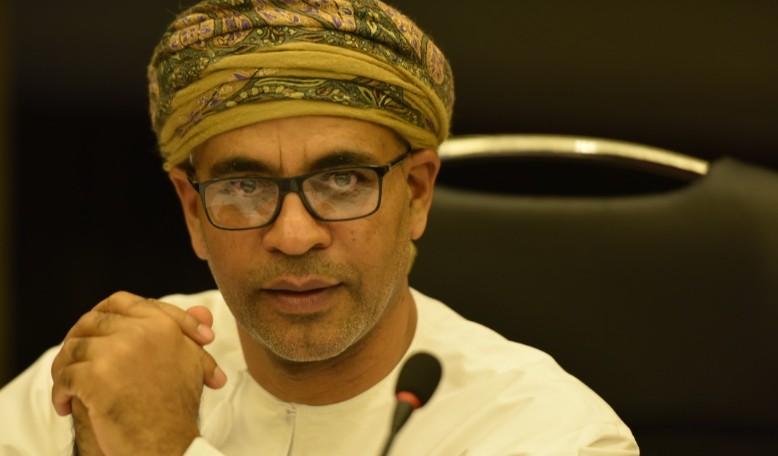Decisive leadership, rapid adaptation: Keys to success in times of crisis


Director of Risk Management Office at Sultan Qaboos University (SQU), Oman, in an interview with Tasnim news agency delineated the strategies needed to be employed during the COVID-19 pandemic.
MSTF Media reports:
Salim Al Harthi, professor of surface physics in charge of the risk management team at SQU, stated that a lot of countries were not prepared for such crisis and even if they were, “they were not resilient enough to tackle the issue in different aspects such as education, health, and economy.”
Asked which method of confrontation he suggests in pandemics like this, he replied: “There is no certain method of confrontation. The most important thing is effective leadership at different levels—countries, universities, institutions, etc.”
Al Harthi also emphasized the significance of quick adaptation and flexibility during the times of crisis, stating “the fact that how fast one can adapt to the new environment and new situation is crucial.”
He asserted that bringing people together to attain a common objective is pivotal. When people work towards a common objective, “decisions can be made very fast, and measures can be implemented without bureaucracy,” Al Harthi said.
“If you want to achieve good results, first make sure that people understand the objective and believe in it. It’s a matter of convincing people what would be the consequences and benefits. Once you do that, then the rest will follow,” he added.
Asked about the role of top universities in the Islamic world in raising public awareness about this pandemic and tackling the problem, he replied: “so far, the universities in the Islamic countries have done a good job in raising awareness, but we need to go beyond this level.”
He elaborated on the necessity of going beyond merely raising awareness and putting efforts into “something which will shape the future; like finding a cure to the disease, protecting the citizens, and going back to the tradition of working together as Islamic nations and Muslims.”
Al Harthi stated that “it makes sense that at this time, large Islamic countries forget about politics. At the end of the day, universities and governments are there to serve the society. So they can come together with solid research programs on handling pandemics or infectious diseases in general.”
He believed that this goal can be attained if Islamic countries join together through “Islamic organizations, Mustafa Science and Technology Foundation, or different universities. So these countries will be prepared for future crises.”
Salim H. Al Harthi, currently the Director of Risk Management Office at Sultan Qaboos University, is a professor of surface physics and nanotechnology. His main areas of expertise are surface/interface physics, nanoscience, corrosion science, and liquid crystals physics. He was an attendant of the 6th Science and Technology Exchange Program (STEP) held simultaneously with the 2019 Mustafa Prize week.